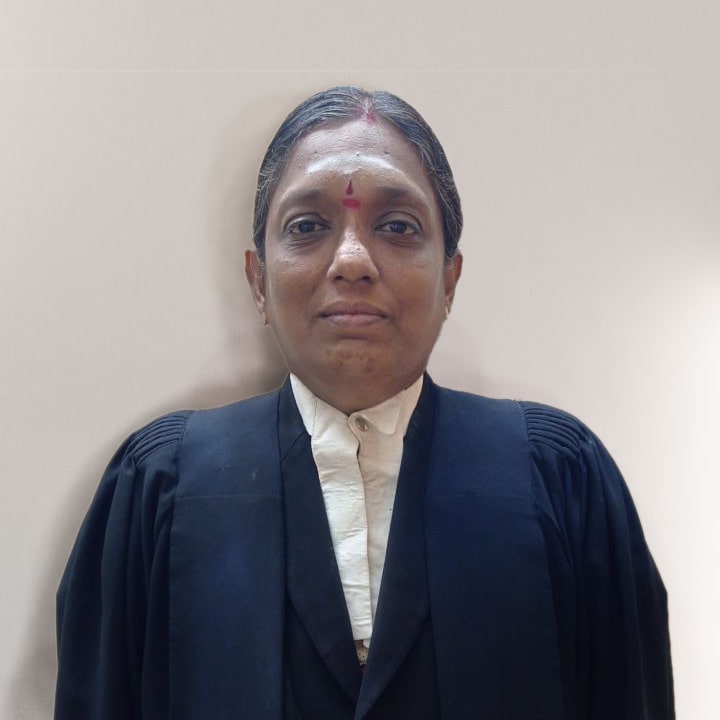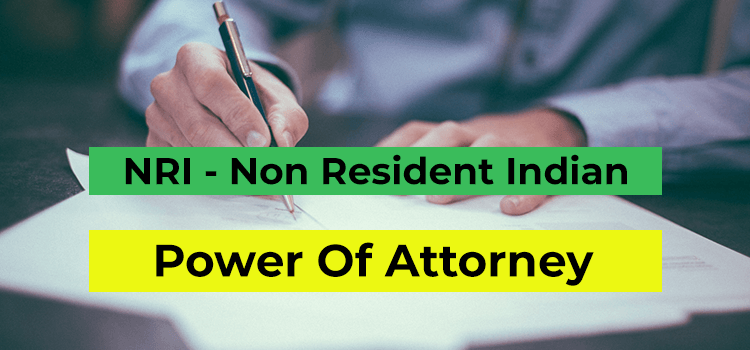Power of Attorney Lawyers
Power of Attorney Laws
Common Questions on Power of Attorney.
- What is Power of Attorney?
- What is the necessity of Power of Attorney?
- Who can make Power of Attorney?
- Is registration necessary for Power of Attorney?
- How Can Power of Attorney be Revoked?
The governing law in this matter is the ‘Power of Attorney Act, , along with Section 2(21) of the Indian Stamp Act, 1899 as per which Power of Attorney is inclusive of any instrument sanctioning a definite person for acting for & in the name of the person executing it. It is applicable to the whole of India except the State of Jammu and Kashmir.
What is Power of Attorney?
A Power of Attorney refers to an instrument authorizing a person as the agent of attorney of the person granting it. Being a lawyer is not an essential ingredient for holding the power of attorney, and it can be held by any trusted person.
What are the Laws Applicable to Power of Attorney?
The governing law in this matter is the Power of Attorney Act, , along with Section 2(21) of the Indian Stamp Act, 1899 as per which Power of Attorney is inclusive of any instrument sanctioning a definite person for acting for & in the name of the person executing it. It is applicable to the whole of India except the State of Jammu and Kashmir.
What are the Exclusive Features of Power of Attorney?
- There are three types of Power of Attorney-
- General Power of Attorney, which sanctions an agent to take certain general decisions in relation to the subject matter. The scope of powers in such a document has a very wide ambit
- Special Power of Attorney, refers to an agent being selected by the principal for certain specific acts which are duly mentioned in the document itself. There is lesser scope for misuse & abuse of powers here as the specific powers and scope for decision-making is specified. A person may opt for the option of issuing multiple Special Power of Attorney’s instead of opting for making a General Power of Attorney.
- Durable Power of Attorney, refers to a special type of arrangement, wherein, the Power of Attorney continues even after the principal reaches a state of mental incapacitation.
- A Power of Attorney cannot be used to override a specific provision of a statute which requires that a particular act should be done by a party in person.
It was observed in the case of ‘ T.C. Mathai v. District and Sessions Judge’ that When the Code requires appearance of an accused in a Court it is no compliance with it if power of attorney holder appears for him.
- The holder of the Power of Attorney can enjoy various legal powers such as; the power of execution of the contracts/deeds and so on, the power of leasing/mortgaging and so on, to file a legal complaint on behalf of the principal by way of suing, the power of filing tax returns, etc.
- A Power of Attorney can be executed by anyone and the holder can also be anyone, who has the competency of entering into a contract. A Power of Attorney is a legal and binding document, which should be notarized and subsequently authenticated by the registrar/sub-registrar of assurances in accordance with the policies of the ‘Registration Act, 1908’, however the registration of a Power of Attorney isn’t compulsory except in situations wherein an interest regarding an immovable property is created.
- Non Resident Indian Principals have the option of getting their Power of Attorney attested in the presence of two witnesses at the Indian Embassy of the relevant country
How can Power of Attorney can be revoked?
- By Acts of Principal, principal revoking it, or him becoming insolvent or of unsound mind
- When there is a Breach of Contract, the case of Svenska Handelsbanken v. Indian Charge Chrome Ltd. observed that in instance of a Specific Power of Attorney holder acting involving powers which are of the nature of General Power of Attorney then he would have committed a breach of contract.
- The case of ‘Govindkoss Krishna Koss v. Gopesjhwar lalaji Maharaj’ observed that a power of attorney can be revocable on grounds of gross mismanagement on the holder of Power of Attorney’s part.
What is the Status of Power of Attorney Holder?
Holder of a Power of Attorney is basically an agent, which has been spoken of in Section 182 of the Indian Contract Act, 1872.
Search Result : Expert Power of attorney Lawyers
Consult Expert Power of attorney Lawyers in India
Advocate Anik
Advocate Anish Palkar
Mumbai suburban
Advocate Karunasish Chakraborty
Kolkata
Advocate Abhradip Jha
Kolkata
Advocate Jaswant Singh Katariya
Gurgaon
Advocate Dsouza
Mumbai
Advocate A. G. Syam Kumar
Thiruvananthapuram
Advocate Parikshit Bisht
Dehradun
















